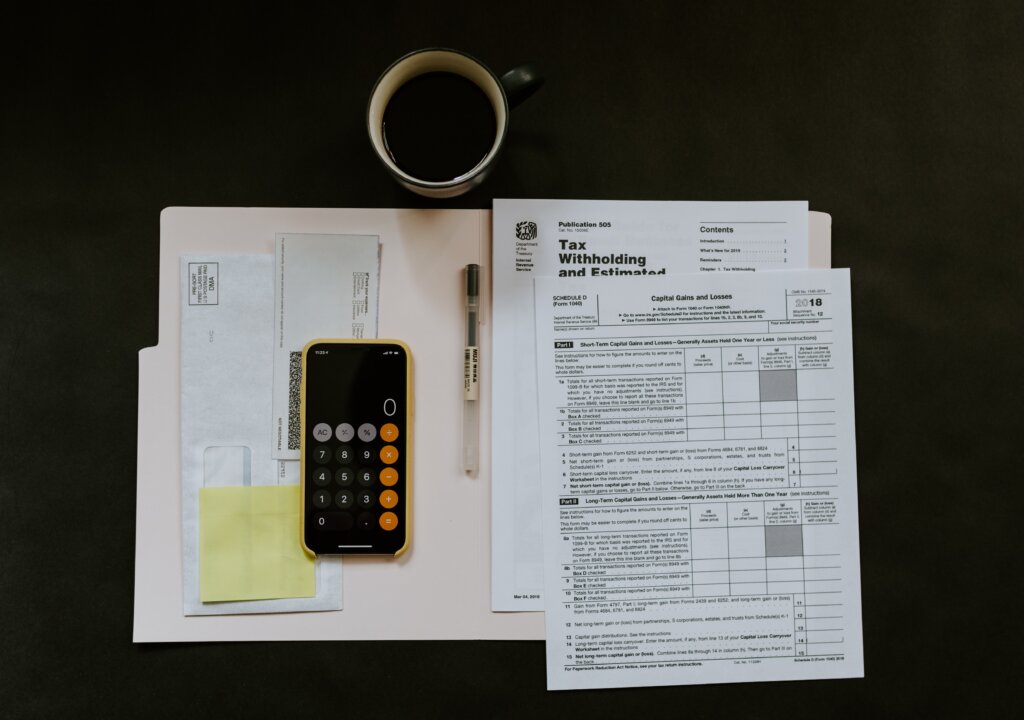Inheriting a home and other assets might seem like a complex process. In many situations, the home will need to go through a probate process before it can be transferred to its new owner. Estates that are smaller and worth less than a certain amount won’t always need to go through probate, but estates with a lot to handle will need to in the majority of cases.
Once the house is passed on, the new owner who has inherited the home will take over the mortgage and any maintenance. The person who inherited the home will also have the choice of selling the home, which can result in an additional tax bill. When inheriting a home, mainly if you wish to sell it, there are some things you should keep in mind to avoid issues down the road.
As you continue reading below, we’ll discuss what you need to know about selling an inherited house to ensure your process goes smoothly without hiccups.
Can You Sell an Inherited House?
Yes, when selling an inherited house, the process will depend on your location and what the estate of the deceased person is worth. Typically, the home must go through a probate process, which we’ll discuss further before the heirs can receive their inheritance. When selling an inherited house, this can even be true for homes that are paid off depending on the laws in your state.
In some situations, home ownership can be transferred by a transfer-on-death deed that follows the rules of the trust.

I Inherited a House, How Do I Put it in My Name?
I inherited a house; how do I put it in my name before selling it? Transferring a home to your name is an essential process that should undergo careful consideration. For starters, you need to identify who legally owns the property to ensure all documentation is valid and up-to-date.
You should also make it a priority to contact a professional like your attorney and real estate agent to ensure the process goes smoothly during the transfer. Once you’ve completed these steps, you’re legally allowed to transfer the ownership of the property by filing for a deed registration, which will make you the new owner of the home.
When you do plenty of research to understand how each step works, you’ll feel more comfortable when it comes to buying a home.
Legal Documents Required
When transferring the ownership of an inherited home, you’ll need several legal documents. The first thing you must do is obtain a probate order to transfer the title from the deceased to the beneficiaries listed in the will. Additionally, all parties involved in the transfer of ownership must sign off on forms such as the deed and bill of sale that are certified by your state.
Lastly, if needed, it’s best to receive advice from your attorney to ensure you’re filing all legal forms correctly according to your state laws, which can vary from state to state.
What are the Tax Implications of a Beneficiary Living in an Inherited House?
If there’s a beneficiary living in an inherited house, they might find themselves dealing with legal and other financial issues. To ensure the process of moving into the home goes accordingly, the beneficiaries must become familiar with their state laws and other local regulations. In addition, they must understand if there are any tax implications, additional resources needed from other family members if the home needs any maintenance, and develop an inventory list.
A beneficiary living in an inherited house should use online services as a guide to become familiar with probate laws, how to handle inheritance disputes, and how to receive insurance protection with the risks of inheriting property. By conducting plenty of research and advice from your attorney, you’ll be able to efficiently handle the situation if issues arise.

How Much Tax Do You Pay When You Sell an Inherited House?
So, how much tax do you pay when you sell an inherited house? If you’ve inherited a home and you’re deciding on whether you should sell the home or move in, you should be aware of the taxes that you may need to pay. Depending on your state, this could be an inheritance tax or a capital gains tax; however, you shouldn’t worry because knowing what to expect is only half of the process.
Inheritance Tax
One of the most essential things you should know about inheritance tax is that it’s completely different from an estate tax. It’s vital to know the difference because both of these taxes are used closely together in many situations. But rest assured, these taxes are NOT the same.
An inheritance tax is a tax that a person will pay if they receive an inheritance. An estate tax is a tax you pay with funds that are located within an estate. The reason so many people get this confused is that they think a home is an estate when that’s not the case.
The truth is a home is only part of an estate. When you use the term estate, it involves anything a deceased person has owned before they passed away. An estate can include cars, life insurance, a home, money, and other valuables.
Now that you’re aware of how inheritance tax and state tax are different, it’s essential to find out if you’re involved with inheritance tax. If you’ve inherited a home from a deceased person, check with your state laws to see if they have an inheritance tax.
For example, Virginia and D.C. don’t have an inheritance tax; however, Maryland has a ten percent inheritance tax. In Maryland, immediate family members are exempt from an inheritance tax, so make sure to check with your state to see if you have any exemptions.
Capital Gains Tax
So, how much tax do you pay when you sell an inherited house? Well, let’s dive deeper into capital gains tax. If you’ve inherited a home and you’re considering selling it, you might have to worry about capital gains tax. Capital gains tax shows up if you sell an inherited home and haven’t lived in it for two out of the last five years.
If you’ve lived in the inherited home more than two years out of the last five years, you could be exempt from paying a capital gains tax up to a specific amount. If you’re filing single, the amount is $250,000. If you’re filing as married, the amount is $500,000.
But what’s the secret to knowing how much tax you need to pay? Well, it goes by the sale price and the fair market value of the home on the date that the person passed away. If the value is positive, you’ll have to pay a capital gains tax on the amount.
If the value is negative, then you can claim a capital loss on your taxes, and around $1,500 of that you can deduct from your income taxes.
Selling an Inherited House: FAQ
1. How do I avoid capital gains tax on an inherited property?
To reduce the amount of capital gains tax on an inherited property, you should sell the property quickly, make it your primary residence, rent the property, or deduct selling expenses from the capital gains tax.
2. Does selling an inherited house count as income?
If you sell an inherited home in California, it’s usually not taxable. The only taxation involved is on the capital gains taxes, which handle any increase in the property value at the time of death.
3. Is there a capital gains tax on selling an inherited property?
If you inherit a property or estate, you usually won’t owe any taxes until you sell the assets. Using a stepped-up cost basis, the capital gains taxes are then calculated. This means you’ll pay taxes on appreciation that happens after you’ve already inherited the property.

